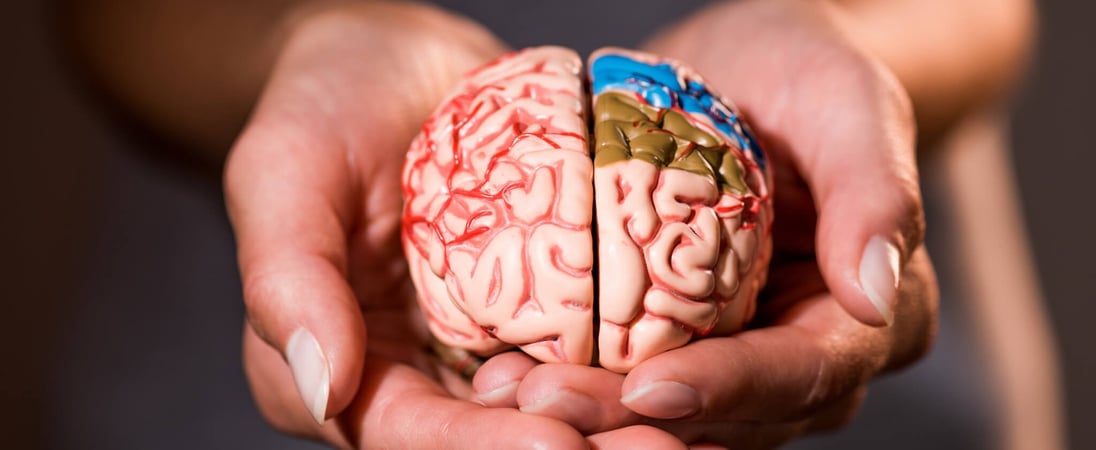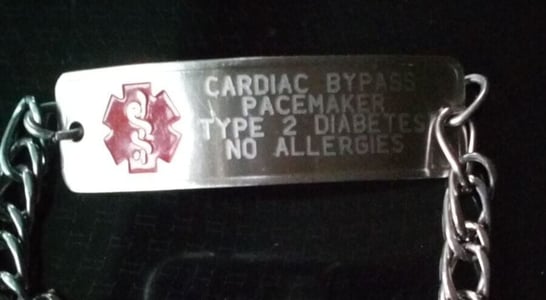
National Stroke Awareness Month
Recognizing sudden signs, staying informed, and acting swiftly can save lives, fostering stroke awareness and prevention.
Every year, almost 800,000 people in the US have a stroke, happening every 40 seconds. Nearly one in four of these strokes happens to someone who has already had a stroke. And sadly, every 3 minutes and 14 seconds, someone dies of a stroke.
National Stroke Awareness Month is here to improve public knowledge with the hope of preventing stroke or responding quickly enough to help with quick recovery.
History of National Stroke Awareness Month
National Stroke Awareness Month was first officially celebrated in 1989 when it was signed into presidential proclamation by US President George H. W. Bush. But the event was unofficially observed many years prior, with the same purpose of raising public awareness and educating Americans about the warning signs and symptoms of stroke, prevention of stroke, and the impact that stroke can have on the survivors, families and those who are caregivers.
In addition to official recognition by the US government, National Stroke Awareness Month is also supported and celebrated by the National Stroke Association, the American Heart Association, the Centers for Disease Control and other non-profit organizations as well as various hospitals, doctor’s offices and other medical professionals. All of these groups and organizations work together to provide education and resources to all of the people who can learn from it.
How to Observe National Stroke Awareness Month
National Stroke Awareness Month is an important time to get involved with different activities and plans that can help improve public awareness and education, including some of these:
Learn Stroke Signs and Symptoms
One of the most important ways to participate in National Stroke Awareness Month is the process of educating individuals about the ways to spot the possibility of a stroke in a family member, coworker or friend. According to the Centers for Disease Control (CDC), there are a number of different signs that a person may be having a stroke, including these:
- Sudden numbness or weakness on one side of the face, arm or leg
- Sudden difficulty seeing, in one or both eyes, possibly accompanied by headache
- Sudden confusion that might include trouble speaking or difficulty understanding speech
- Sudden difficulty with walking including loss of balance, dizziness or loss of coordination
To help people remember the signs and symptoms, people can use the acronym F.A.S.T., which stands for Face (drooping), Arm (weakness), Speech (slurred), Time. In this case, the Time represents the idea of calling 9-1-1 immediately if any of these signs are observed.
Host Stroke Awareness Events
The month of May is a great time to get medical professionals, community members and others involved with increasing education and knowledge in relation to National Stroke Awareness Month. Schools, universities, medical providers, libraries and other community centers can host events that offer opportunities to improve education on the topic of strokes, through lectures, webinars, family medical awareness events and more.
The American Stroke Association, a division of the American Heart Association, offers resources on their website, including infographics for people that can be used for educational purposes.
Also in ...
View all holidaysWorld Password Day
Protect your privacy and self by taking some time to update your passwords. Avoid pet or family names, important dates, and other identifying information.
National Purebred Dog Day
Many purebred dogs offer invaluable services to mankind, from sheepherding to hunting to guarding and search-and-rescue, so give some love to purebreds.
School Principals’ Day
Organize an event or write a card to show your appreciation for the educators that run our schools. School principals work hard to make kids’ lives and educations better.
We think you may also like...
National Public Health Week
The well-being of communities — disease prevention, and better living through knowledge and action, towards a healthier world.
Medic Alert Awareness Month
Wearable lifesavers, providing crucial medical information, ensuring prompt care and potentially saving lives during emergencies.








